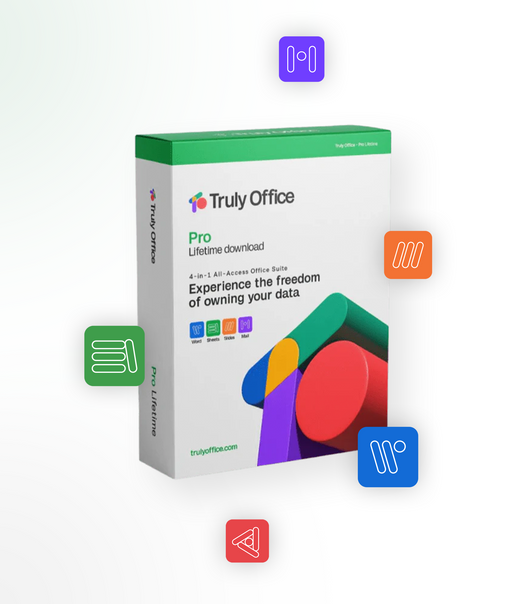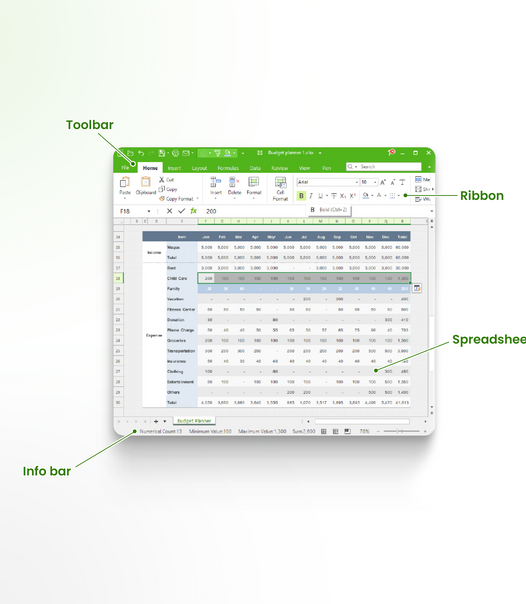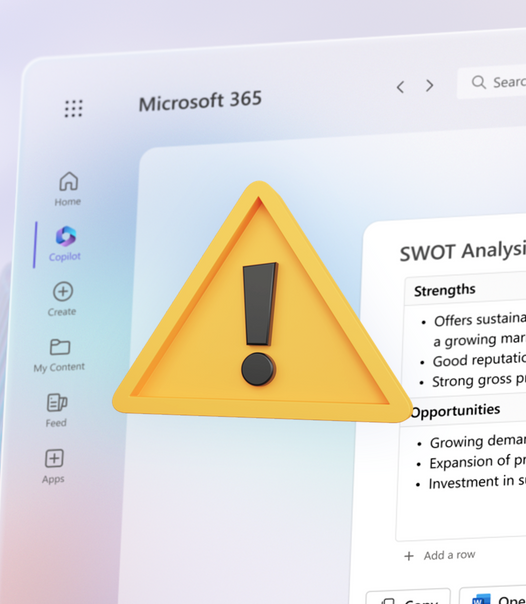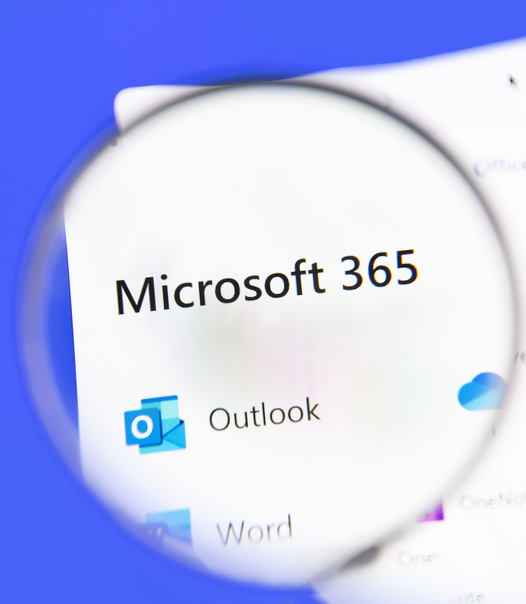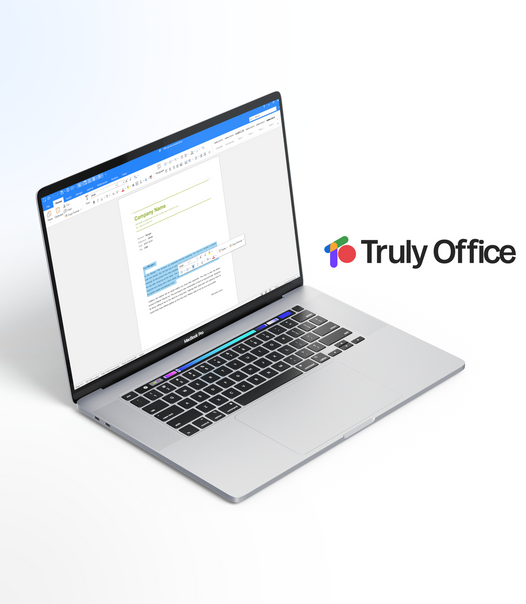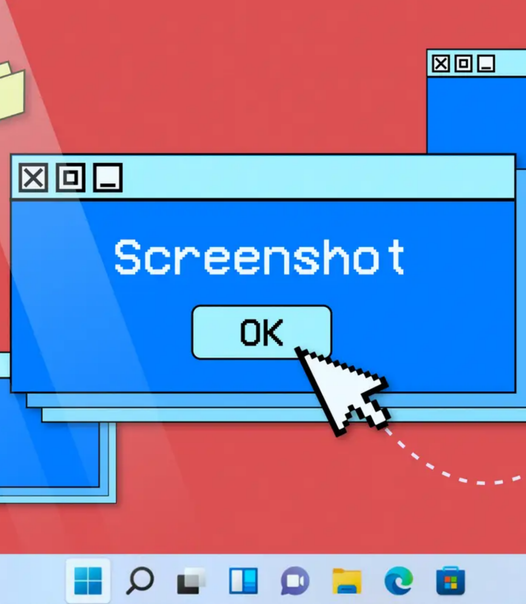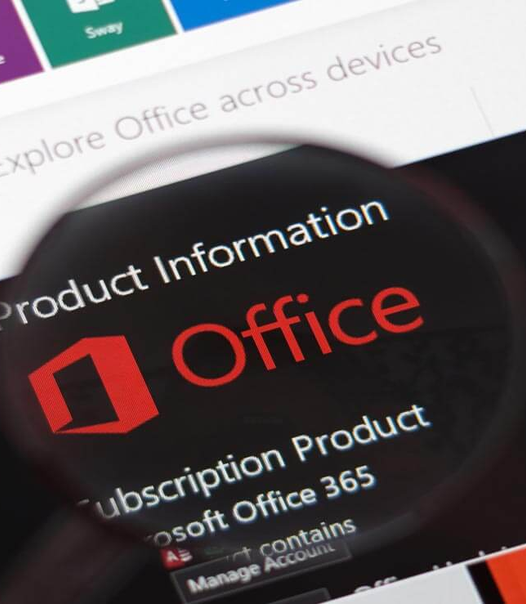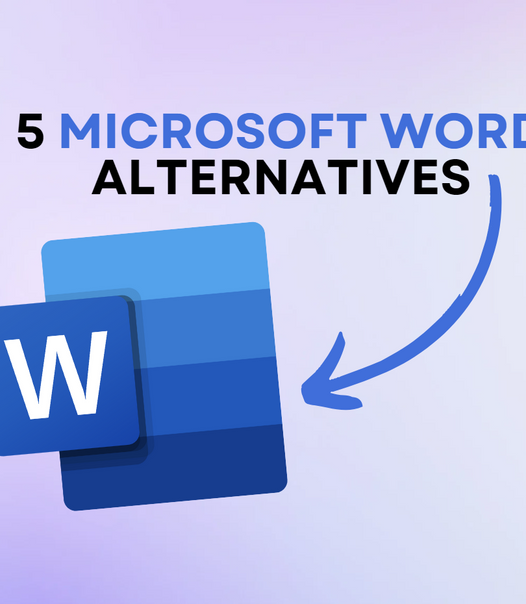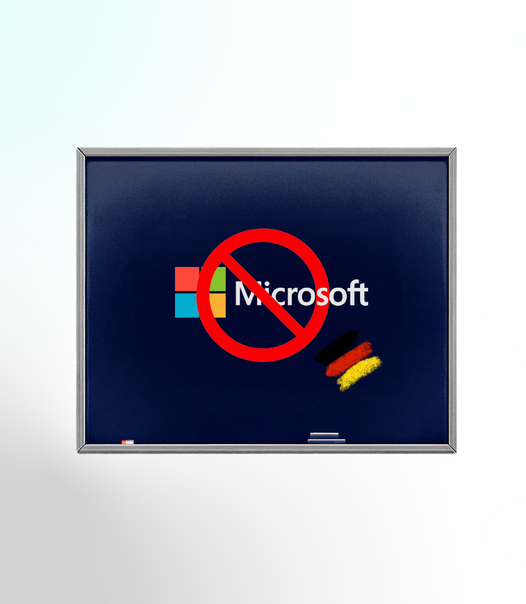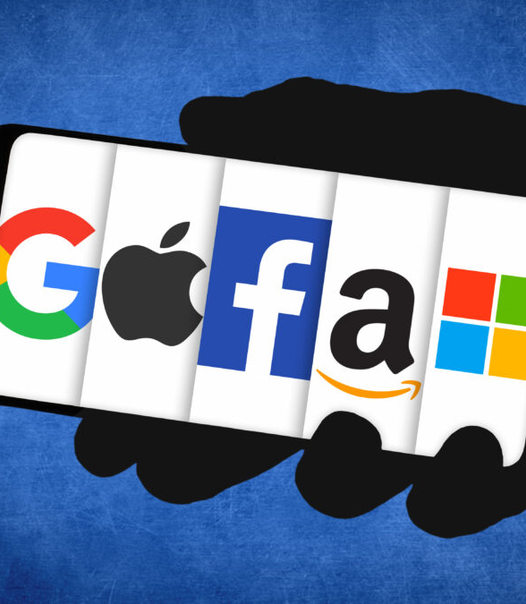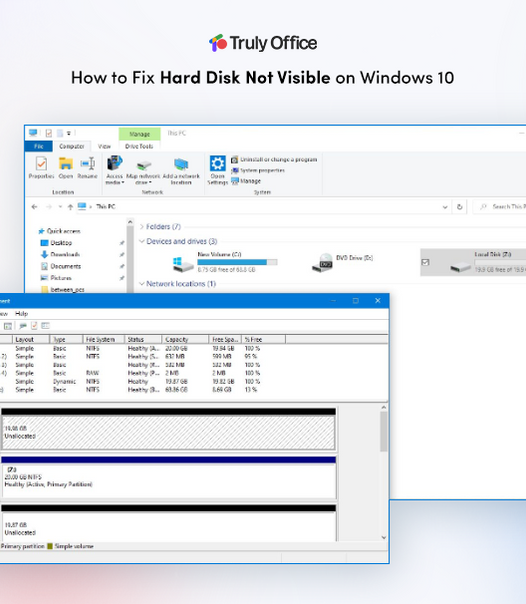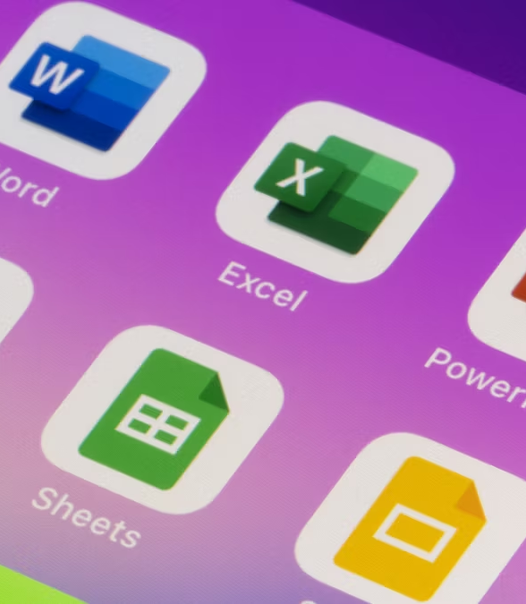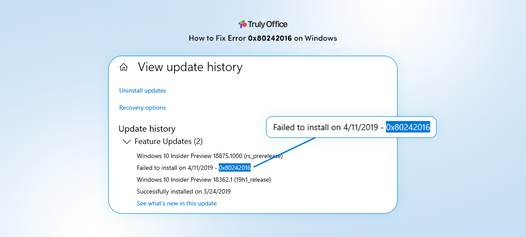Ever wonder about the hidden gears powering your Windows 11 experience? This article will explore system services and their impact on your PC's performance.
While this latest OS version tends to notch up overall scores, the battleground of gaming FPS can be a rollercoaster ride. But fret not, as optimizing these services is key to unleashing your system's true potential.
In this blog, we'll unravel the importance of service optimization, drawing parallels to how companies fine-tune their websites for top-notch performance and user satisfaction. Let's harness the power of tweaking to supercharge your Windows 11 journey.
Understanding Windows 11 Services

At the heart of Windows 11 lies a network of service applications that act as unsung heroes, processing requests and supplying information to client applications. Picture them as the backstage crew, ensuring everything runs smoothly without needing a user to constantly oversee the show.
Interacting with IoT Devices
In the realm of IoT, it's all about devices chatting fluently through a common language—Internet Protocol (IP). Consider sensors as vigilant watchers stationed in remote locations, keen on detecting any shifts in their environment.
Once they sense changes, a series of actions kick in:
- Sensing Changes: IoT sensors detect alterations in the environment.
- User Notifications: These changes trigger notifications, alerting users about the detected shifts.
- Cloud Communication: The captured data isn't left stranded; it's swiftly transmitted to the cloud servers for safekeeping and analysis.
Connecting to Microsoft Servers
Meanwhile, in the digital universe, Windows services establish connections with Microsoft servers, fostering a symbiotic relationship:
- Data Exchange: These services facilitate the exchange of crucial data between your system and Microsoft's servers.
- Updates and Enhancements: They are pivotal in delivering updates, patches, and enhancements to keep your Windows 11 up-to-date and fortified.
Common Problematic Services in Windows 11
Windows 11, while a marvel, can stumble due to a variety of culprits, like:
- Storage Woes: Insufficient disk space, reliance on aging hard drives instead of zippy SSDs, and overall low RAM can be major hiccups.
- Outdated Elements: Outdated components can bog down performance from the operating system to device drivers.
- App Clash: Conflicts among applications or trying to push the limits on a lower-spec PC can lead to sluggishness.
Role of Diagnostic Services and Geolocation Data
While Diagnostic Services sound like the heroes swooping in, they're more about facilitating diagnostic care in medical settings. However, when it comes to tech, services related to geolocation data might inadvertently contribute to slowdowns:
- Diagnostic Services: These services ensure high-quality diagnostic care in the medical realm. However, in Windows 11, their role is more focused on system analysis and troubleshooting, attempting to pinpoint issues affecting performance.
- Geolocation Data Services: These services assist in determining your device's location, which, if constantly active, might drain resources and cause system lags.
So, within the maze of Windows 11 services, these entities, although essential in their respective domains, can occasionally add to the performance woes if not managed or optimized effectively.
Services That Can Be Safely Disabled in Windows 11

Trimming down the services running in the background can boost your system's performance. Here are a few you might consider disabling if they don't align with your usage:
- BitLocker Drive Encryption Service: While great for securing your hard drive, something other than BitLocker might be your go-to tool. If you're not using this encryption feature frequently, turning off the BitLocker Drive Encryption service won't impact your daily tasks.
- Bluetooth Services: Bluetooth, the bridge to wireless devices, might not be your tea. If you're a steadfast fan of wired connections and haven't danced the Bluetooth tango, turning off these services can free up resources:
- Bluetooth Audio Gateway Service
- Bluetooth Support Service
- Bluetooth User Support Service
- Optimize Drives: This service handles the routine optimization and defragmentation of drives. If you're more inclined to manage your drive's optimization manually or if your system boasts the speed of an SSD (which doesn't benefit from defragmentation), consider turning off this feature.
By selectively turning off these services that aren't crucial to your workflow or preferences, you can streamline your Windows 11 experience, giving your system more breathing room for tasks that matter most to you.
Effect of Disabling Key Services on Windows 11 Performance
Not all services are created equal in Windows 11. Some are vital cogs in the system's machinery, while others fall into the "optional" category, ready to be disabled if not on your radar.
Here's a look at a few and their potential impact:
- Parental Controls: While crucial for some users managing family settings, if you don't utilize these controls, disabling them can liberate system resources. This could translate to more horsepower for tasks demanding performance, like gaming or resource-intensive applications.
- Mobile Device Syncing: Syncing your mobile devices might be handy, but if it's not something you actively do or need, turning off this service can alleviate some strain on system resources. Your PC won't spend energy and resources continuously checking for device updates or sync requests.
- Printer-related Tasks: Printing is undoubtedly useful, but if you rarely or never use a printer with your system, turning off printer-related services can free up previously allocated resources for these tasks.
By turning off these non-essential services, you essentially declutter your system, allowing it to channel more CPU and RAM toward tasks that truly matter to you. This could lead to smoother performance, especially during demanding activities like gaming, where every ounce of system resources counts.
Pairing these tweaks with other performance-enhancing tricks can spruce up your Windows 11 experience without requiring a deep dive into the technical side.
Guide to Disabling Services for Better Performance in Windows 11

Here's a user-friendly guide to turning off specific services in Windows 11 for performance improvements:
- Open the Services app on your Windows 11 system using the search bar.
- Locate the service you intend to disable. Right-click on its name. From the context menu that appears, select "Properties."
- In the Properties window, find the "Startup type" dropdown menu. Choose "Disabled" from the dropdown menu to prevent the service from starting up with your system.
By following these steps, you can selectively turn off services that aren't essential to your workflow, potentially boosting your system's performance. Remember to exercise caution and research beforehand to ensure you're not turning off critical services vital for your system's functionality.
Important Considerations Before Disabling Services
- Protect your system by ensuring up-to-date security measures, like antivirus software and firewalls.
- Keep your digital space tidy by organizing files and folders for easier access and better system management.
- Regularly update your Windows 11 for the latest features, security patches, and performance enhancements.
- Disconnect unnecessary peripherals to avoid burdening your system with unnecessary tasks.
- Regularly clean up junk files and uninstall unused applications to free up space and streamline performance.
Adopting good digital housekeeping practices can keep your system running smoothly and efficiently.
Final Thoughts
Remember, optimizing Windows 11 services can be a game-changer for your system's performance. By selectively managing services, you can free up resources and enhance the efficiency of your tasks. However, it is important to be cautious while making any changes to the services as some of them may be critical for your system's functioning.
Be sure to research and understand the purpose of each service before disabling or altering its settings. Need help? Contact us at Truly Office, and our team of experts will gladly assist you. And don't forget to review and update your services for optimal performance regularly.









